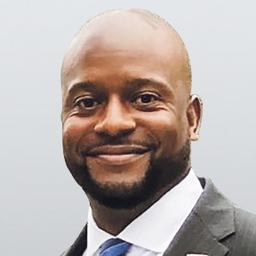On July 24, former special counsel Robert Mueller testified before the House Judiciary Committee about his report on allegations of collusion with Russians to influence the 2016 election, and of obstruction of the investigation of that alleged collusion. It was a complete disaster for Democrats.
Mueller was not the sharp, legal behemoth he was purported to be ahead of the hearing. His presence was so befuddled that at many points he seemed confused and repeatedly had to have questions asked multiple times.





